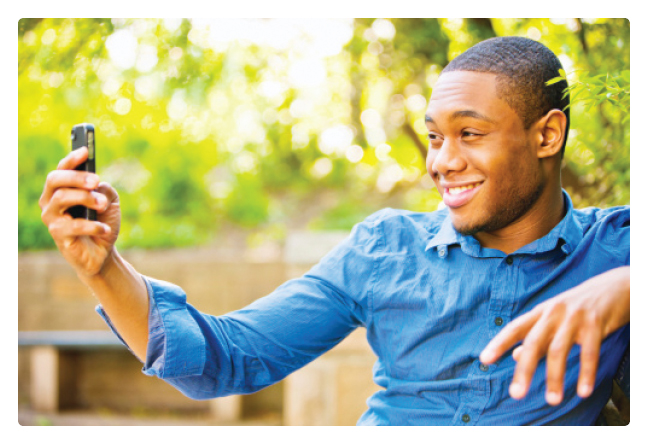Individualistic versus Collectivistic Cultures
In individualistic cultures, people tend to value independence and personal achievement. Members of these cultures are encouraged to focus on themselves and their immediate family (Hofstede, 2001), and individual achievement is praised as the highest good (Waterman, 1984). Individualistic countries include the United States, Canada, New Zealand, and Sweden (Hofstede, 2001).

By contrast, in collectivistic cultures people emphasize group identity (‘‘we’’ rather than “me”), interpersonal harmony, and the well-being of ingroups (Park & Guan, 2006). If you were raised in a collectivistic culture, you were probably taught that it’s important to belong to groups, or “collectives,” that look after you in exchange for your loyalty. In collectivistic cultures, people emphasize the goals, needs, and views of groups over those of individuals and define the highest good as cooperation with others rather than individual achievement. Collectivistic countries include Guatemala, Pakistan, Taiwan, and Japan (Hofstede, 2001).
Differences between individualistic and collectivistic cultures can powerfully influence people’s behaviors—including which social networking sites they use and how they use them. For instance, people in collectivistic cultures tend to use sites that emphasize group connectedness, whereas those in individualistic cultures gravitate to sites that focus on self-expression (Barker & Ota, 2011). American Facebook users devote most of their time on the site describing their own actions and viewpoints as well as events that are personally important to them. They also post controversial status updates and express their personal opinions—even if these trigger debate. Japanese users of Mixi, meanwhile, carefully edit their profiles so they won’t offend anyone (Barker & Ota, 2011). Whereas American Facebook users often post photos of themselves alone doing various activities, Mixi users tend to write in diaries that are shared with their closest friends, boosting ingroup solidarity (Barker & Ota, 2011).